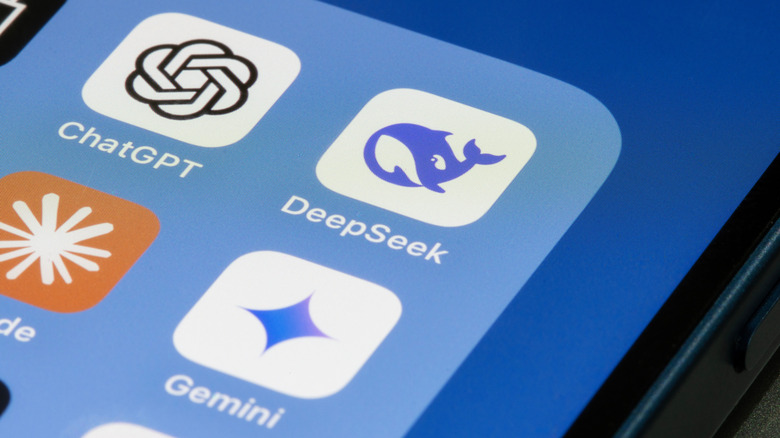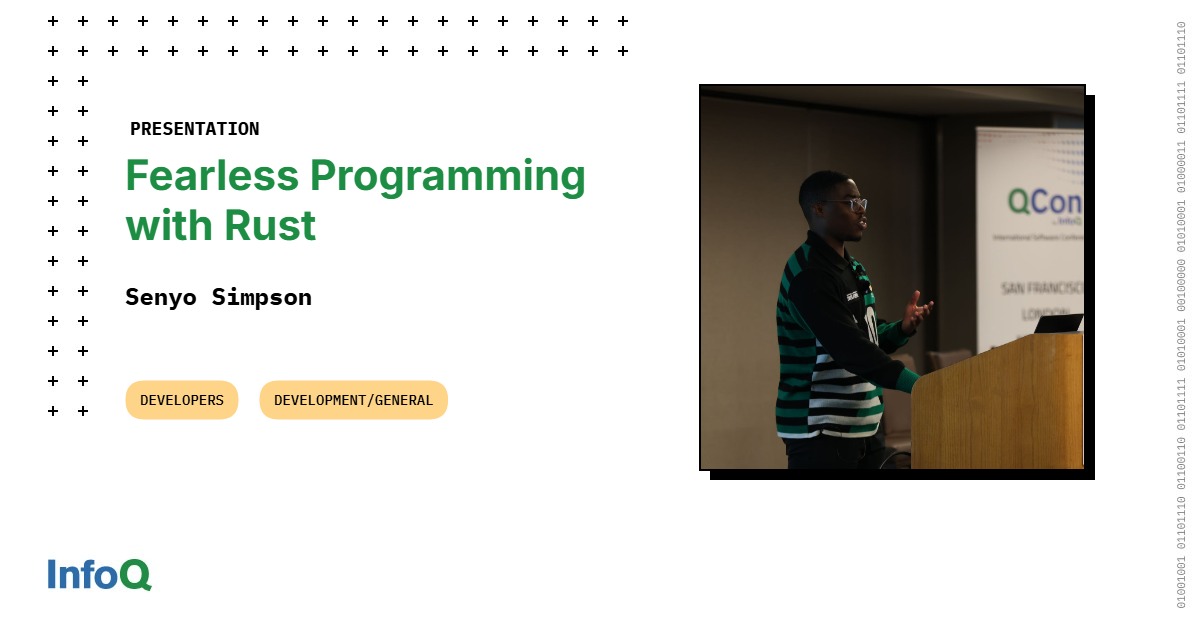There’s no doubt that China is making significant strides in the AI race. In fact, many are worried about just how quickly China might overtake America. Maybe it’s the desire to outdo American companies that has led China’s AI developers to work so hard, but another Chinese startup called Z.ai (formerly Zhipu) has released a new open-source AI model that the company claims is even cheaper to run than DeepSeek.
The company has released three different models: A flagship model called GLM-4.5, a more lightweight model called GLM-4.5-Air, and a completely free version called GLM-4.5.-Flash that is built for coding, reasoning, and other agent tasks. While these models appear very similar to what we’ve seen from American companies like OpenAI, Google’s Gemini, and even Anthropic’s Claude AI, there are some notable differences in that GLM-4.5 is completely open-source. That’s a plus, certainty, but the other concerns that come with relying on a Chinese-built AI model are still present, including just how your data might be gathered and used by the company behind the new model.
China’s continued progress in the AI race
Z.ai is one of several “AI tigers” backed by the Chinese government, and GLM-4.5 is one of 1,509 large-language models (LLMs) released by the nation’s various AI companies over the past several months. And while many of these models offer open-source systems to work with, there are a number of reasons American users may want to avoid using them.
For one, AI models like DeepSeek are designed to send tons of your data back to China. Considering America and China often find themselves on opposite sides of global affairs, this could be very concerning for user privacy. Additionally, OpenAI previously warned about Z.ai and other Chinese startups like it in a report from its Global Affairs team.
The continued progress from Chinese AI companies has even led the Trump administration to release America’s AI Action Plan, a detailed document that shows how America will continue to hold its lead in the AI race by removing unneeded regulation on AI companies and implementing more AI throughout the government.
Not always a good deal
Considering other Chinese AI models like DeepSeek have been shown to censor Chinese-related content, it’s important to note that AI models like GLM-4.5 likely aren’t going to see widespread adoption throughout the West due to the privacy and censorship concerns that come with them. In fact, many have even advocated for users to stay away from DeepSeek and other models like it. And, despite GLM-4.5 being open-source, there’s still only a certain amount of control given to users when it comes to how their data is collected and used.
Of course, this isn’t the only AI model with privacy concerns. While we have seen some privacy-first AI models like Proton’s recently released Lumo chatbot, others hold onto your data and even use it to train their models. This is, unfortunately, a problem without a solution for now. Considering how lucrative consumer data is for big tech companies, it isn’t likely to change anytime soon, either.
The release of Z.ai’s new model only serves to show how quickly AI is evolving, and how quickly other nations like China are closing the lead that America has held onto for the past couple of years. This has the potential to push OpenAI and other American companies to improve the models they offer, while also pushing new startups to do the same.












